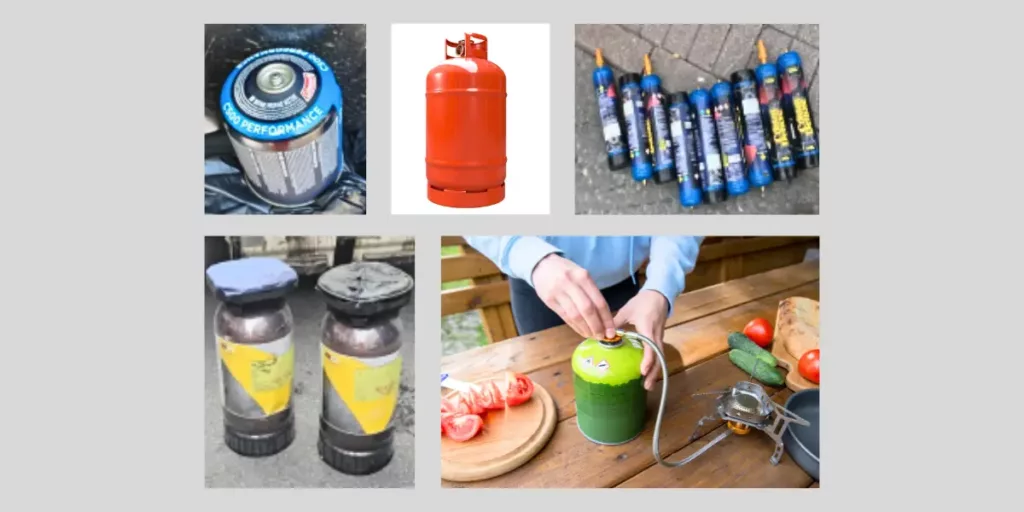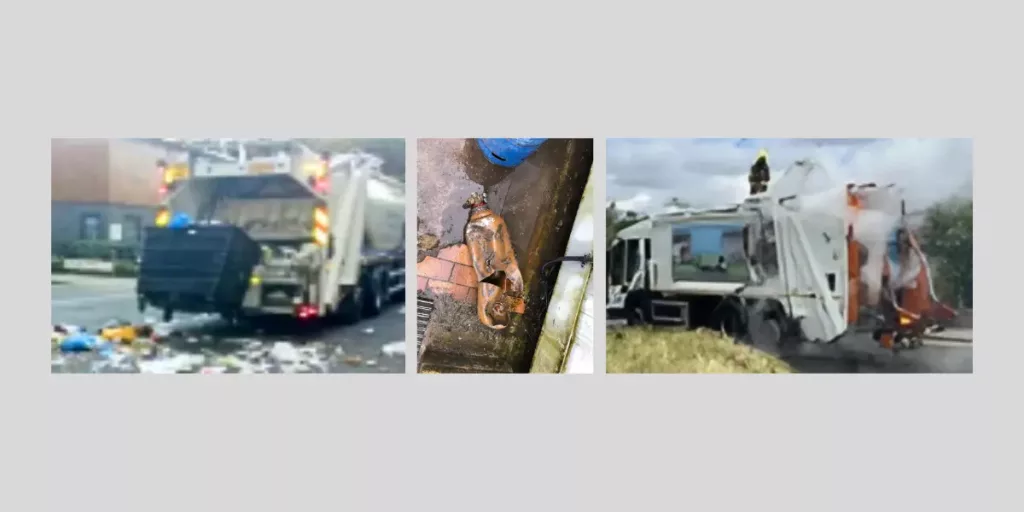Organisations and businesses throughout the UK use compressed gases to serve a variety of purposes, including; welding, heating, cooking, extinguishing fires, etc. Despite their versatility, cylinders containing compressed gases need to be treated with EXTREME CAUTION and should never be placed into a wheelie bin. Many businesses are not aware of how to dispose of gas cylinders, and the implications their actions can have on others, and the environment.
In recent months, there has been an astronomical increase in incidents associated with pressurised canisters resulting in potential damage and injury to our crew as well as the general public. In response to these events, here’s our detailed guide which highlights the risks associated with the safe and compliant disposal of pressurised cylinders and canisters in the UK.
Examples of Different Types of Gas Cylinders and Canisters

Examples of Pressurised Canisters include:
• Fire Extinguishers.
• Pressurised/Carbonated Drinks Containers including Beer Kegs.
• Fast Gas Chargers (Used in Kitchens, Catering etc.).
• Cream Chargers or Whipped cream canisters.
• Propane or Butane Canisters (Sometimes used for camping stoves etc.)
• Medical Gas
• No-Return Gas Cylinders
• LPG/Industrial Gas Bottles
How to Safely Dispose of Your Gas Canisters
Gas canisters are categorised as Hazardous Waste. The improper disposal and handling of pressurised canisters can have serious consequences! There are a couple of ways you can dispose of spent pressurised canisters:
Return or Refill Old Gas Cylinders
Businesses and households can sometimes return spent cylinders or gas bottles to the original supplier. Small canisters can be returned to a camping supply store or brought to a recycling facility. Large bottles can be recycled by returning them to a supplier or dropping them off at a licensed retail location. The supplier will either refill and reuse them or arrange for onward recycling.
Arrange Commercial Waste Collection
Great Western Recycling can provide a compliant disposal solution for spent gas cylinders and transport them to a compliant disposal facility for processing.
Where pressurised canisters are found to be present within our containers, you will be responsible for the cost of quarantine, disposal and operational losses.
Due to the high risk associated with non-compliant tipping of pressurised canisters in our bins, offenders may face the risk of being reported to the associated regulatory enforcement bodies, where deemed appropriate.
Consequences of Incorrect Gas Canister Disposal

The consequences of disposing of pressurised canisters incorrectly can be fatal, examples include:
• Explosions due to the rapid release of gas from damaged containers.
• Fires resulting from the escape of flammable gases.
• Disruption to Business Operations (Vehicle off-road).
• Prohibition at Disposal locations.
• Lifechanging Injury.
• Fatality.
Anybody found to be in breach of the above will very likely be liable to receive a fine for each and every occurrence.
Final Thoughts
We implore you to please absorb the seriousness of the contents in this guide, not just from a legal perspective, but also from a moral perspective, in the sense of protecting lives and the environment from harm. Great Western Recycling provides industrial and commercial collections and waste removal services throughout the UK.
See more: A Guide to Commercial Waste Collection and Disposal
Get a Free (No Obligation) Quote
